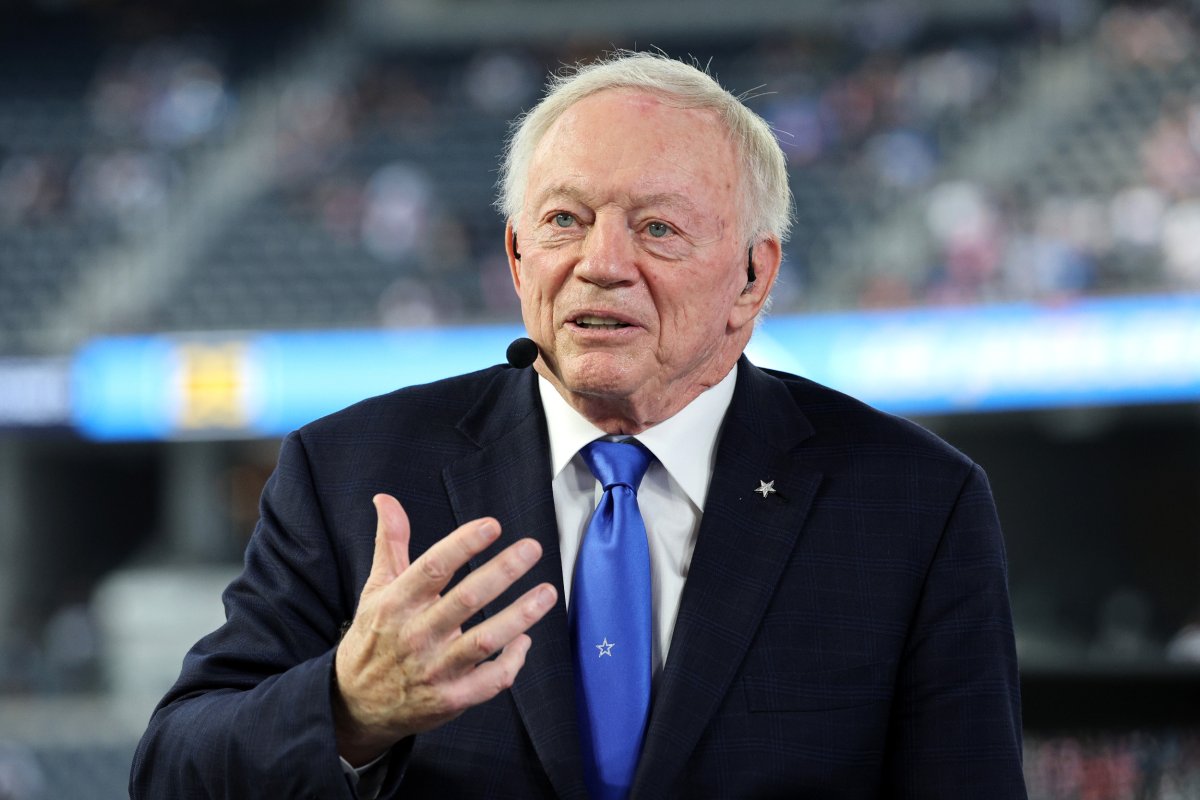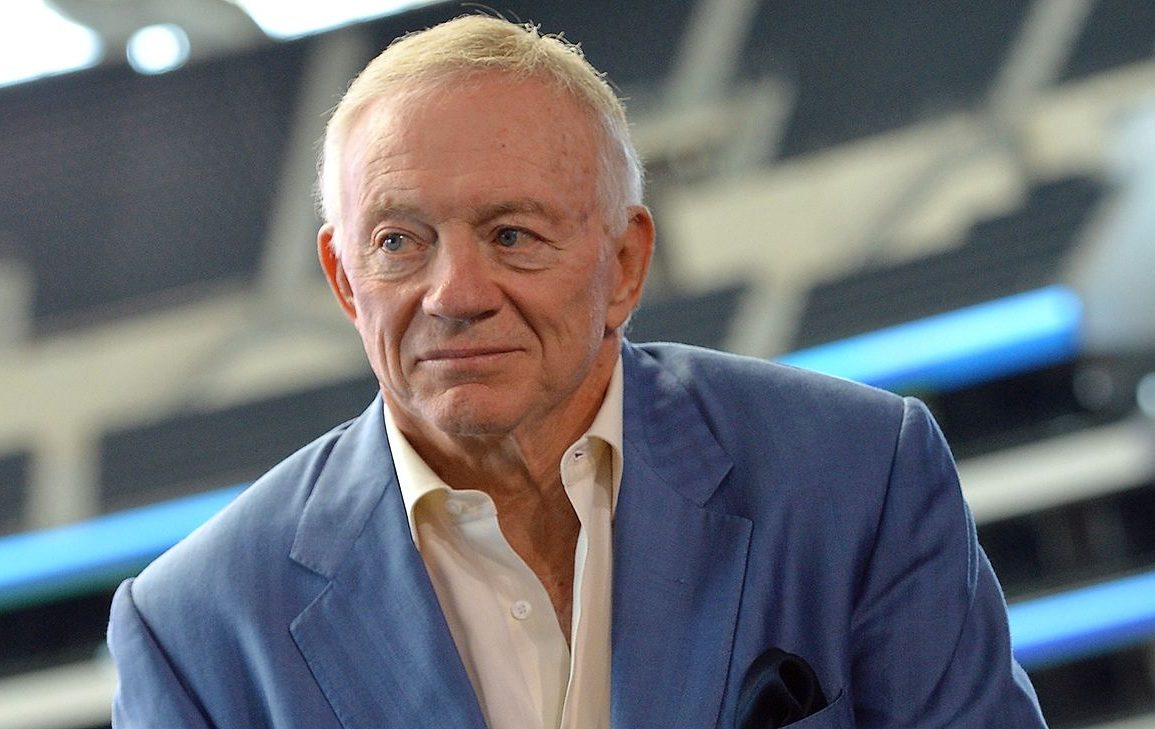Jerry Jones was born on October 13, 1942, in Los Angeles, California, but grew up in North Little Rock, Arkansas. From an early age, he exhibited leadership qualities and a strong competitive spirit, likely influenced by his father, who owned an insurance company.
Jones excelled in football at North Little Rock High School and later earned a scholarship to play as an offensive lineman for the University of Arkansas. His time with the Razorbacks proved transformative, as he co-captained the team to a national championship in 1964, shaping his understanding of teamwork and perseverance—qualities that would later define his career in business and sports ownership.
After graduating, Jones briefly considered coaching but instead pursued business. He made his fortune in the oil and gas industry, founding Jones Oil and Land Lease in the early 1970s. His ability to take calculated risks allowed him to amass significant wealth during the energy boom.
By the late 1980s, he set his sights on the NFL, and in 1989, he purchased the struggling Dallas Cowboys for $140 million, a move initially seen as a financial risk. However, Jones recognized the team’s potential and was determined to turn them into a dominant force in football.
Jerry Jones’ Bold Moves Transformed the Cowboys and Revolutionized the NFL Business
One of Jones’ most controversial early decisions was firing longtime Cowboys coach Tom Landry, and replacing him with Jimmy Johnson, his former college teammate. Despite initial backlash, the move paid off, leading to three Super Bowl victories in the early 1990s (1992, 1993, and 1995).

Jones’ hands-on management style and aggressive pursuit of top talent helped transform the Cowboys into perennial contenders. His willingness to invest heavily in players and marketing set the team apart, reinforcing the Cowboys’ brand as “America’s Team.”
Beyond the team’s on-field success, Jones revolutionized the NFL’s business model. He pioneered lucrative endorsement deals, independent merchandising agreements, and groundbreaking sponsorships. One of his most significant achievements was the construction of AT&T Stadium, a state-of-the-art facility that enhanced the Cowboys’ global appeal.
As of 2025, Jones’ estimated net worth stands at $14 billion, with the Cowboys valued at over $9 billion, making them the most valuable sports franchise in the world. His investments extend beyond football, with holdings in real estate, hospitality, and oil further diversifying his financial empire.
Balancing Leadership and Legacy in Jerry Jones’ Family Football and Philanthropy
Despite his demanding role, Jones remains deeply committed to his family. He has been married to Eugenia “Gene” Jones since 1963, and their three children—Stephen, Charlotte, and Jerry Jr.—hold significant roles within the Cowboys organization.
His philanthropic efforts are equally notable, with the Gene and Jerry Jones Family Foundation supporting various causes, including children’s hospitals and educational programs in the Dallas-Fort Worth area. Jones’ dedication to both business and community has cemented his influence beyond the football field.
Jones’ tenure as the Cowboys’ owner has not been without controversy. His outspoken nature and control over personnel decisions have drawn criticism, with some arguing that his management style occasionally hampers the team’s success. He has also clashed with the NFL over television rights, player conduct policies, and league governance.
Nonetheless, his impact on professional football is undeniable. As he enters his 36th year as owner, his legacy as a visionary businessman and a transformative figure in sports is firmly established. Whether or not the Cowboys secure additional championships, Jerry Jones’ influence on the game will endure for generations to come.







